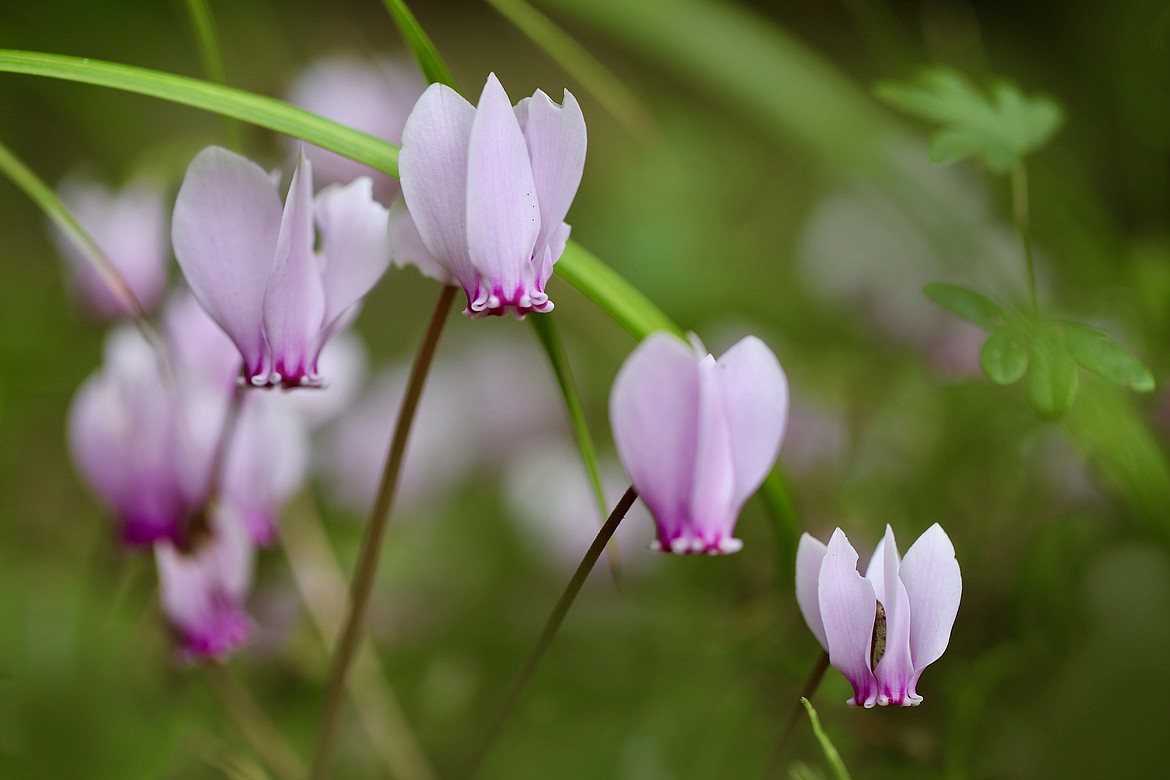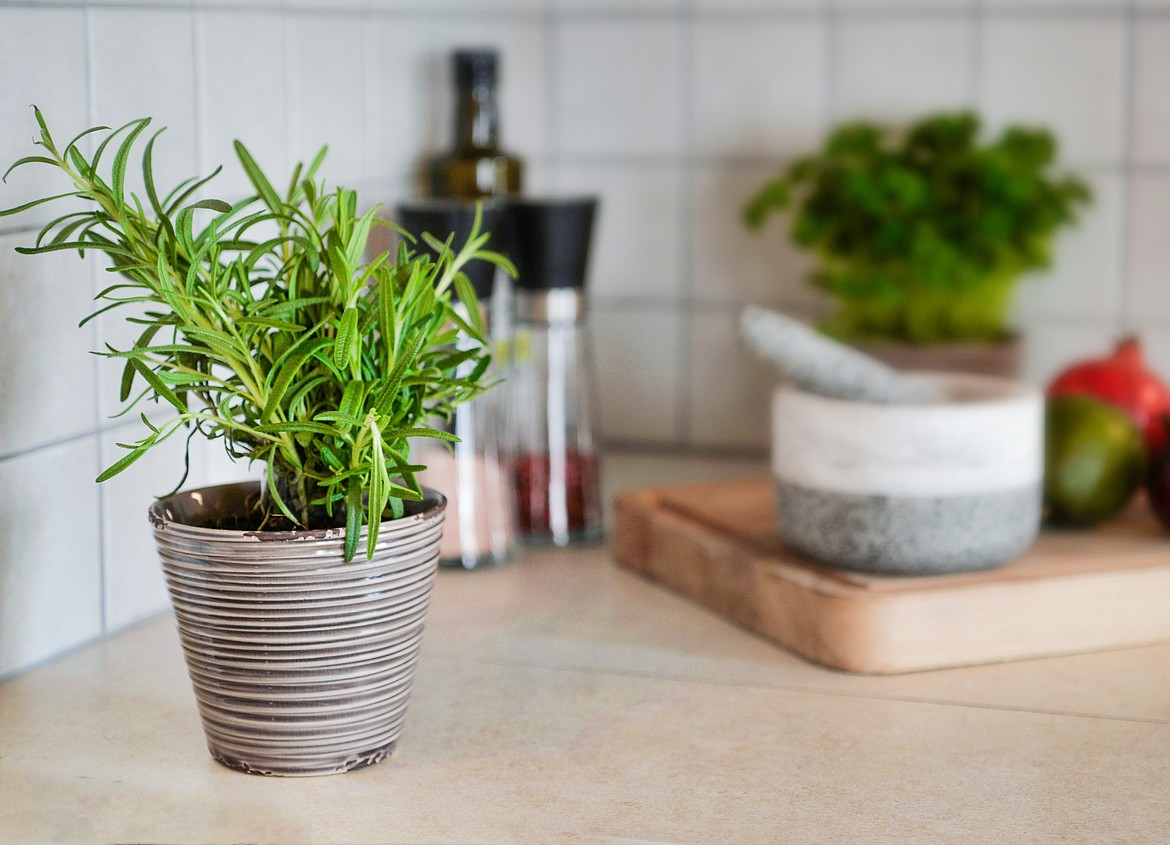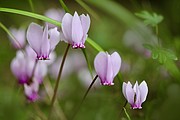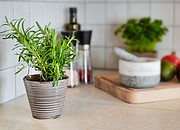Christmas gift plants can live for years
If you received a plant for Christmas, don’t look upon it as a short-term gift to be discarded after it’s finished blooming. Too many people enjoy their poinsettia(s) as a wintertime ornament, when actually it will grow and perhaps even bloom for you for many years with a bit of care.
The American Association of Nurseries says that the basic rule of thumb is to keep them in a room with enough natural light enough “to permit someone with reasonable eyesight to read fine print;” in other words a light, bright room. On the other hand, one must avoid direct sunlight. Though this sounds fussy, it’s really pretty easy to find a north or east-facing window and let them bask. They do appreciate ample water, so when the soil feels dry to the touch, give them a drink, draining off any excess water.
In a few weeks — or even months — when the plant loses its blossoms and starts becoming “leggy”, cut it back to about eight inches to continue growing as a foliage plant — which will often re-bloom annually. Remember, poinsettias are a tropical plant; anyone who has seen them growing lavishly in Mexico will never forget them, and they enjoy the outdoors in our summertime as well. Leave them in their pots, however. They can be left out overnight when the nights are warm, above 50 degrees.
By the way, the nasty rumor that poinsettias are poisonous just doesn’t seem to go away; some 15 years ago, the AAN performed dramatic testing which ultimately proved the point. As with any non-edible berry, those of the poinsettia should not be eaten, but nothing more than an upset tummy would result. For nearly three decades the National Clearinghouse for Poison Control Center has not located a record of any fatality ever caused by the ingestion of poinsettias. So enjoy them — not as a culinary item, of course - and give them a chance to beautify your surroundings for months and years to come.
An easier gift-plant to maintain is the cyclamen. These lovely, shy-looking, downward-facing flowers are a favorite gift, but too often are relegated to the trash when their initial bloom is gone. What a shame! The cyclamen needs only indirect light, regular watering, and perhaps a little leaf-misting from time to time to enrich your life for years. They put out a steady crop of new flowers and tiny plantlets that you can leave or transplant as you wish. I had one for over 10 years and never divided it, though transplanted it to larger pots from time to time. It flowered almost constantly and bore a glorious mound of the pretty heart-shaped leaves for an ongoing pink-and-green show. My skitzy marmalade cat ended the plant’s life with a clumsy leap onto the windowsill where it resided, knocking pot and plant to the floor upside down and utterly destroyed, or I am sure it would still be growing today.
It should be pointed out that the houseplant cyclamen, which is larger than the smaller, hardier garden cyclamen, is not hardy and must never be transplanted into the garden.
My personal favorite houseplant gift is a rosemary tree. Unfortunately, many big-box stores carry them in large numbers over the holidays, and they are often doomed from the start from being under- (or over-) watered and/or chilled. A good one, though, purchased from a reputable floral department or florist shop, has a chance for survival. Like the poinsettia, they need plenty of light — but not direct sun — and adequate water. I admit, they are fussy. It took me a long time to get a handle on the watering — more than once a week, but not every other day. If they get too wet, they die. If they get too dry, they die. So why am I even mentioning them? Because I love being able to pluck a fresh sprig for my pasta or lay over baked salmon and they are worth the effort. I discovered that about every third day a modest watering was good, and a once-a-week misting helped as well. When warm weather arrives, plunk them, pot and all, into the ground in a sunny spot and they should thrive. But don’t wait too long in the fall to bring them back in — in increments of course, a few days on the porch, then finally in their old spot in the north-facing window.
A final point to consider about rosemary is that even if it dies, you can strip the leaves from the stems and keep them in a jar for seasoning. Macabre, perhaps, but practical! Good luck!
The one gift plant that should definitely end up outdoors is the mini-rose. Generally hardy, the wintertime gift plants may not be of the heartier strain, however, so when it comes time to put them out, don’t plop them into the garden. They are ideal for a planting pot and can add charm to your patio or rock garden in a warm, sunny spot. When winter comes, move them into a garage or protected spot, or leave them out well-mulched and burlapped. They should survive and thrive outdoors, but the initial in-house period must prepare them for it. So don’t keep them in a hot room or bright sunny window — though they do need bright light, but an indirect source. Extra artificial light can be a boon as well. Keep them watered just enough that the soil doesn’t seem dry.
Enjoy your lovely gift-plants and realize that they are not just a weeks-only pleasure. Learn about them, and give them (and yourself) the pleasure of a long, florific life.
Valle Novak writes the Country Chef and Weekend Gardener columns for the Daily Bee. She can be reached at bcdailybee@bonnercountydailybee.com or by phone at 208-265-4688 between the hours of 8 a.m. to 7 p.m.







